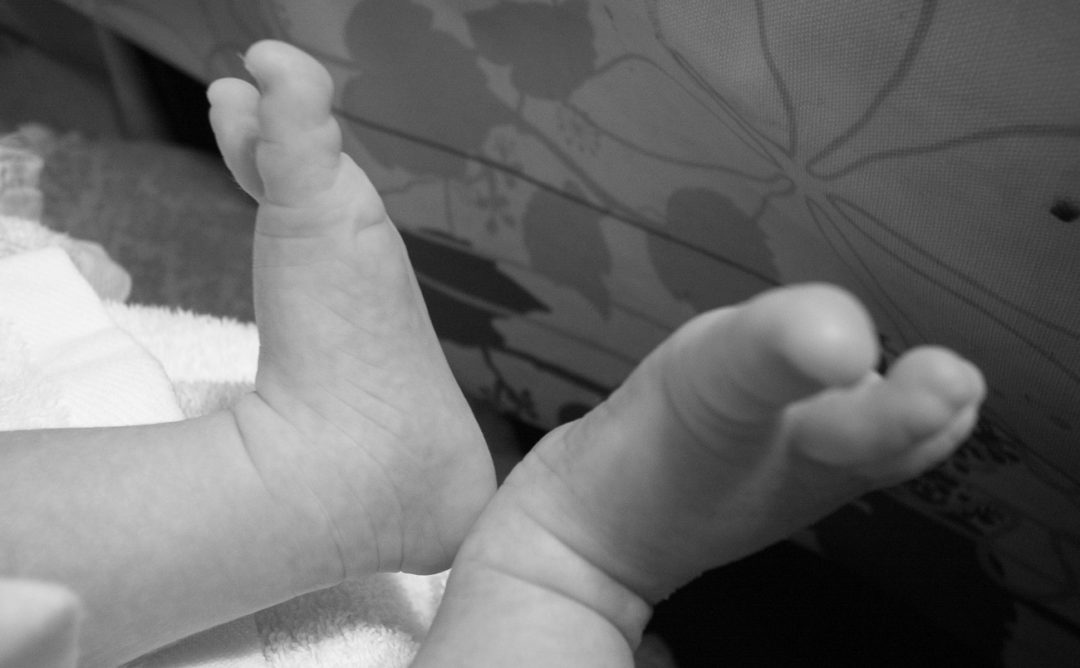I’m about as pro-choice as it’s possible to be. I’m unflinchingly pro-choice, even. There are no ifs, ands, or buts in my approach to abortion, no caveats, no disclaimers. I am completely opposed to “late-term” abortion bans, TRAP laws, and any other restrictions on a person’s ability to conduct their own medical affairs. I believe that abortion should be treated no differently from any other medical procedure: it is safe– far safer than childbirth— and it is private.
However, I didn’t always feel this way. In fact, this position is relatively recent– more recent, even, than where I was when I wrote the Ordeal of the Bitter Waters series over two years ago. My feminism is continuously evolving, and back when I wrote that series I was more uncomfortable with so-called “late-term” abortions than I am today. I’ve been evaluating and re-evaluating my stances on reproductive rights for almost eight years now, and I’ve arrived at a place that feels more drastic than a complete reversal should.
As an inexperienced and woefully uninformed young woman, I was fervently pro-life. I picketed clinics a handful of times; I canvassed neighborhoods trying to get TRAP laws put on my state’s ballot. I didn’t think there should be exceptions for rape and incest. Over time, however, circumstances forced me to confront what I believed about abortion, and I realized that my pro-life position was morally indefensible.
My theological and political background puts me in an interesting position, especially as I’ve been observing this election season– my first presidential election as a registered Democrat. My social media feeds are a sometimes-hilarious mix of extremes because some of my friends are Marxists, some are Libertarians, and at least two friends post almost nothing but pictures of guns. What’s becoming troubling to me is that we all seem to have forgotten the value– and governing necessity– of compromise, of embracing a spectrum of beliefs and positions in order to accomplish a good work.
I don’t think there’s anything that demonstrates how polarized we can be than abortion. This election season, it seems that tension has coalesced around Hillary Clinton’s vice presidential candidate, Tim Kaine. He, like other Democratic men like Joe Biden, embrace a complicated position toward reproductive rights: personally opposed to abortion (a somewhat ridiculous position for a man to hold, I’ll admit), but still in support of abortion remaining legal and accessible.
This is where my perspective can seem a little bit wonky to some of my pro-choice friends and colleagues: I don’t have a problem with Clinton choosing Kaine as her running mate. He wasn’t who I was hoping for, but I think the reasoning for choosing him is logical and practical– two of the things I admire most about Clinton’s approach to politics.
I do have a problem with Kaine’s history. He supported abstinence-only education because he felt it would lower the abortion rate in Virginia, which flies in the face of common sense and well-established fact. He banned “partial birth” abortions, a ridiculous position that speaks to a fundamental misunderstanding of medical procedures. He used state funds to support Crisis Pregnancy Centers, which use deceptive, manipulative, and unethical tactics. Even though he’s seemed to have evolved on these positions, I understand the hesitancy many of my pro-choice colleagues are feeling.
However, as fervently pro-choice as I am and as much as I will fight to protect our reproductive rights, I can support Kaine for vice president because he embodies one of my most valued positions:
I will work with anyone, even someone who’s pro-life, to advance reproductive justice.
I am absolutely for what some call “abortion on demand.” I am vocally in support of bodily autonomy being seen as a fundamental right. However, I am troubled by certain unfortunate realities surrounding reproductive care in this country because I am pro-choice. The US has a much higher abortion rate than many other developed nations, and I think that’s indicative of larger problems.
For example, for teenage girls who gave birth by fifteen, 39% of their partners were older than twenty. For girls who gave birth by seventeen, 53% of their partners were older than 20. There’s some nuance there, of course, but that research indicates that up to half of all teenage pregnancies are a result of rape. That, to me, highlights the gross and horrifying failure in sex education. The abstinence-only “purity” approach leaves people, especially girls, vulnerable to violence and abuse.
In a survey from 2004, a huge number of the people who responded— 73%– said they’d had abortions because they couldn’t afford to have a baby. There’s other reasons to have an abortion, obviously, but when three quarters of the people having an abortion cite their finances as the most important reason they needed an abortion, it means that there’s a definite lack of choice involved in their decision. That’s unfortunate, and upsetting. Abortion should be available without limits– you shouldn’t have to prove you have a “good enough” reason– but if they would have preferred to keep their pregnancy but can’t afford to, that’s a problem.
There are so many avenues to provide real choices. Reducing child care costs. Making reliable contraception widely available. Offering comprehensive education on reproductive health and consensual sex. All of those things are proven in reducing the abortion rate (as well as just being good ideas on their own), and this abortion-on-demand feminist thinks that’s an important enough goal that I’ll even work with Tim Kaine to ensure that people are free to make a true, unbounded, personal choice.
I don’t need ideological purity in the people I work with. I don’t need to agree with you on everything to try to get something accomplished. I don’t like litmus tests, and I abhor movements that are unwilling to bend in order to get the work done. If you’re personally pro-life, but think that decision is a personal one best left to a person and their doctor, we can shake on it.
If you’d like to know more about these pro-choice positions, I recommend Generation Roe: Inside the Future of the Pro-Choice Movement by Sarah Erdreich.



